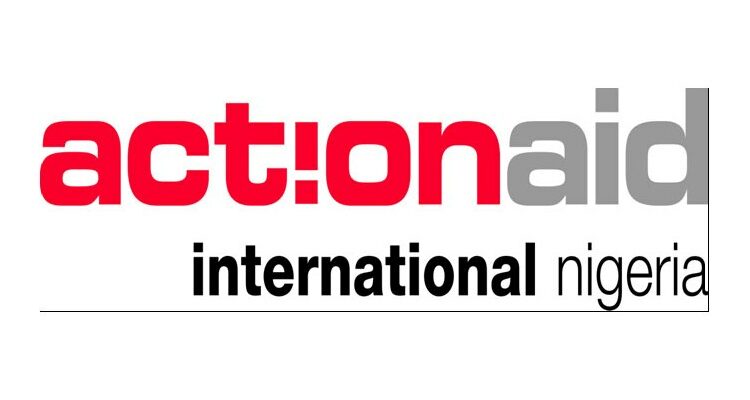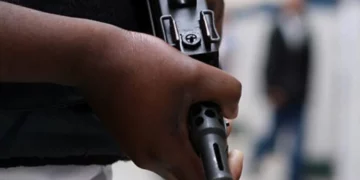Not fewer than 33,789 individuals have been impacted by ActionAid Nigeria through the System and Structure Strengthening Approach against Radicalisation to Violent Extremism (SARVE III) project in partnership with Global Peace Development (GPD) in Kano and Kaduna States.
This was disclosed during the project’s closeout, learning, and dissemination ceremony in Kaduna.
The project sought to prevent and counter violent extremism by fostering social cohesion, empowering communities, and providing socio-economic opportunities.
According to ActionAid, 23,004 women and 10,785 men benefitted directly from the project.
The SARVE III project strengthened resilience by equipping 606 individuals, including 175 and 209 young males and females respectively as well as 222 adult women with livelihood skills towards reducing their vulnerability to extremist ideologies.
Executive Director of GPD, Ebruke Onajite Esike described the project as a beacon of hope, saying its success was borne out of collaboration by community leaders, government, and the unwavering dedication of individuals in the 12 communities targeted in the initiative.
The communities include Damishi, Kujama, Nariya, Kudenden, Turunku, Likoro, Kudan, Gwargwage, Wusasa, Gumel, Kachia, Ungwan Masara, and Takau.
In his keynote address, Country Director of ActionAid Nigeria, Andrew Mamedu, represented by his deputy, Hajiya Suwaiba Dankabo, highlighted the project’s alignment with global efforts to combat violent extremism.
He emphasised the need to address root causes of extremism such as unemployment, gender-based violence, and social exclusion by protecting human rights and promoting equal opportunities.
Mamedu further noted that preventing violent extremism is not just a security issue but a societal and developmental challenge requiring holistic solutions.
The AAN’s Country Director stressed that protecting and fulfilling the rights of people living in poverty can combat injustice and build resilience in communities.
Earlier in his remarks, Kaduna State Commissioner for Education, Professor Muhammad Bello who was represented by the Director General, Kaduna State Schools Quality Assurance Authority, Professor Usman Zaria acknowledged the project’s impact in fostering social cohesion and empowering vulnerable communities.
He noted that empowering local communities, promotion of equal opportunities, and strengthening the social fabric are pivotal in countering the drivers of violent extremism.
Permanent Secretary, Kaduna State Planning and Budget Commission, Bashir Mohammed, commended ActionAid Nigeria and GPD for meaningfully engaging youth and women through initiatives that promote sustainable livelihoods.
Also, the General Manager of the Kaduna State Agricultural Development Agency, Malam Muhammad Rili, commended the project’s role in linking economic empowerment to peacebuilding, while urging communities to remain committed to sustainable development and resilience.





